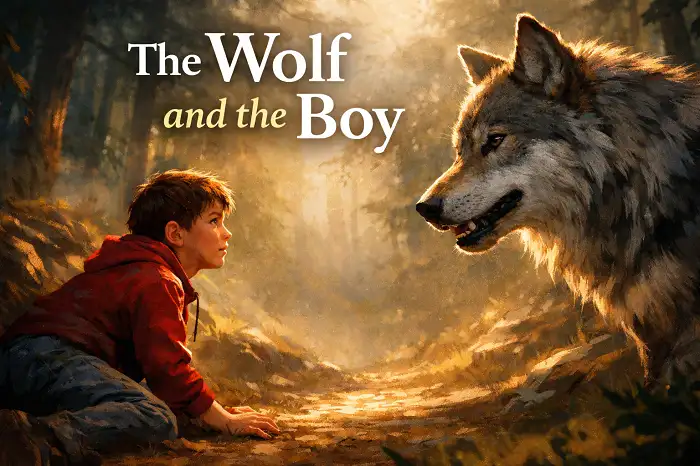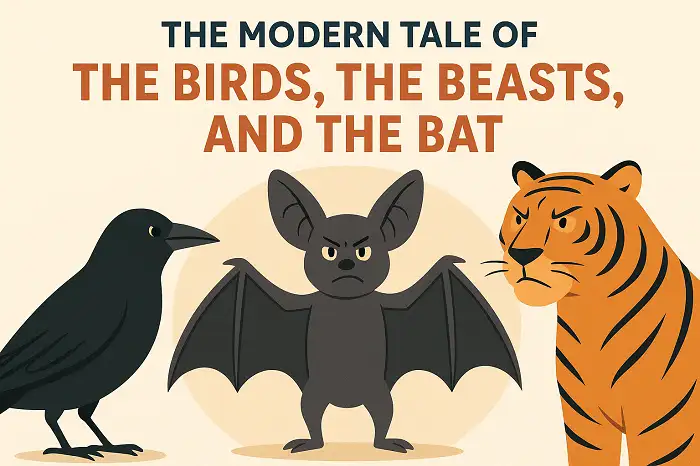The Eagle and His Captor by Aesop for ESL students with a video, list of vocabulary, discussion questions and Persian version based on the English Immersion Program The Eagle and His Captor is now in the public domain available on Gutenberg Project. Video of the Eagle and His Captor The Eagle and His Captor A man once caught an eagle, and after clipping his wings turned him loose among the fowls in his hen-house, where he moped in a corner, looking very dejected and forlorn. After a while, his captor was glad enough to sell him to a neighbor, who ...
Home » English Short Stories » The Eagle and His Captor by Aesop for ESL Students

The Eagle and His Captor by Aesop for ESL Students
Updated: by Dr. Mohammad Hossein Hariri Asl
Time to Read: 5 minutes | 288 Views | 6 Comments on The Eagle and His Captor by Aesop for ESL Students
Share This Post
About the Author
Dr. Mohammad Hossein Hariri Asl is an English and Persian instructor, educator, researcher, inventor, published author, blogger, SEO expert, website developer, entrepreneur, and the creator of LELB Society. He's got a PhD in TEFL (Teaching English as a Foreign Language).
Number of Posts: 4242



3. The fox’s suggestion relates to forgiveness and moving on from the past. Additionally, the fox’s message encourages seeing the situation as a learning opportunity. What lessons or strengths did the eagle gain from its experience? Forgiveness allows the eagle to heal and regain its peace.
Your interpretation of the fox’s suggestion adds a profound layer to the fable. By encouraging forgiveness and viewing the situation as a learning opportunity, the fox highlights the transformative power of letting go and moving forward. The eagle’s experience teaches it resilience, adaptability, and the importance of empathy. These lessons and the act of forgiveness not only aid in the eagle’s healing but also empower it to reclaim its peace and continue its journey with newfound strength and wisdom. This message underscores the vital role of forgiveness in overcoming adversity and achieving inner harmony.
2. The eagle’s desire to regain its wings represents the human spirit’s drive to overcome limitations. The eagle was joyful in achieving its full potential. This inspires us to rise above our limitations and pursue goals that align with our highest potential.
Your interpretation beautifully captures the essence of the fable. The eagle’s unwavering desire to regain its wings indeed mirrors the human spirit’s relentless drive to overcome obstacles and achieve greatness. Its ultimate joy in reaching its full potential serves as a powerful reminder that, with determination and resilience, we too can transcend our limitations and strive for our highest aspirations. This story inspires us to pursue our goals with the belief that we can attain our true potential.
1. The eagle finds the strength to overcome its adversity. The neighbor cares for the eagle until its wings grow back.
A beautiful take on the fable! The story of the eagle and his captor indeed speaks to resilience and the kindness of others. The eagle’s journey from captivity to regaining its freedom symbolizes hope and strength, while the neighbor’s compassion underscores the impact of empathy and care. It’s a powerful reminder that even in the darkest times, with support and determination, we can overcome challenges and soar again. Thank you for sharing this perspective!